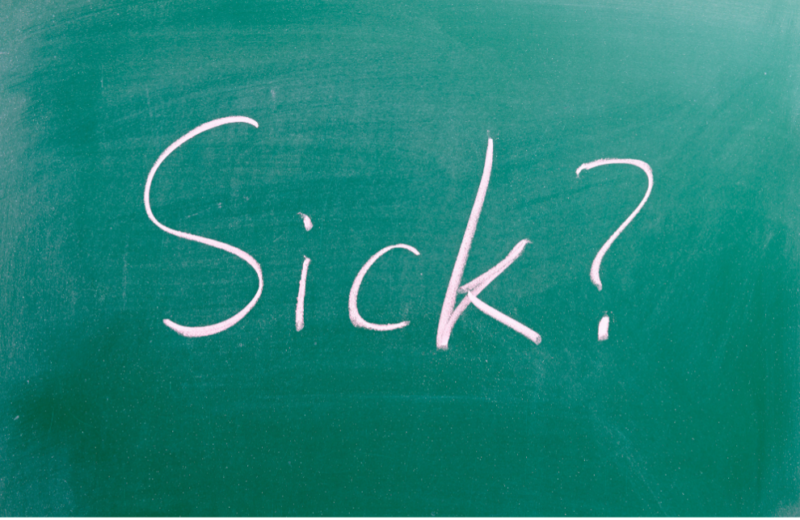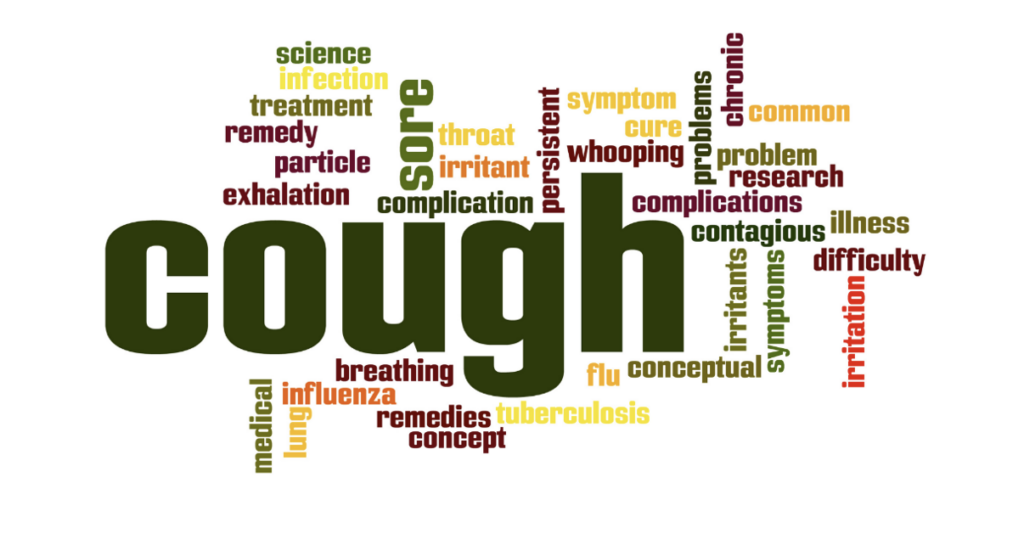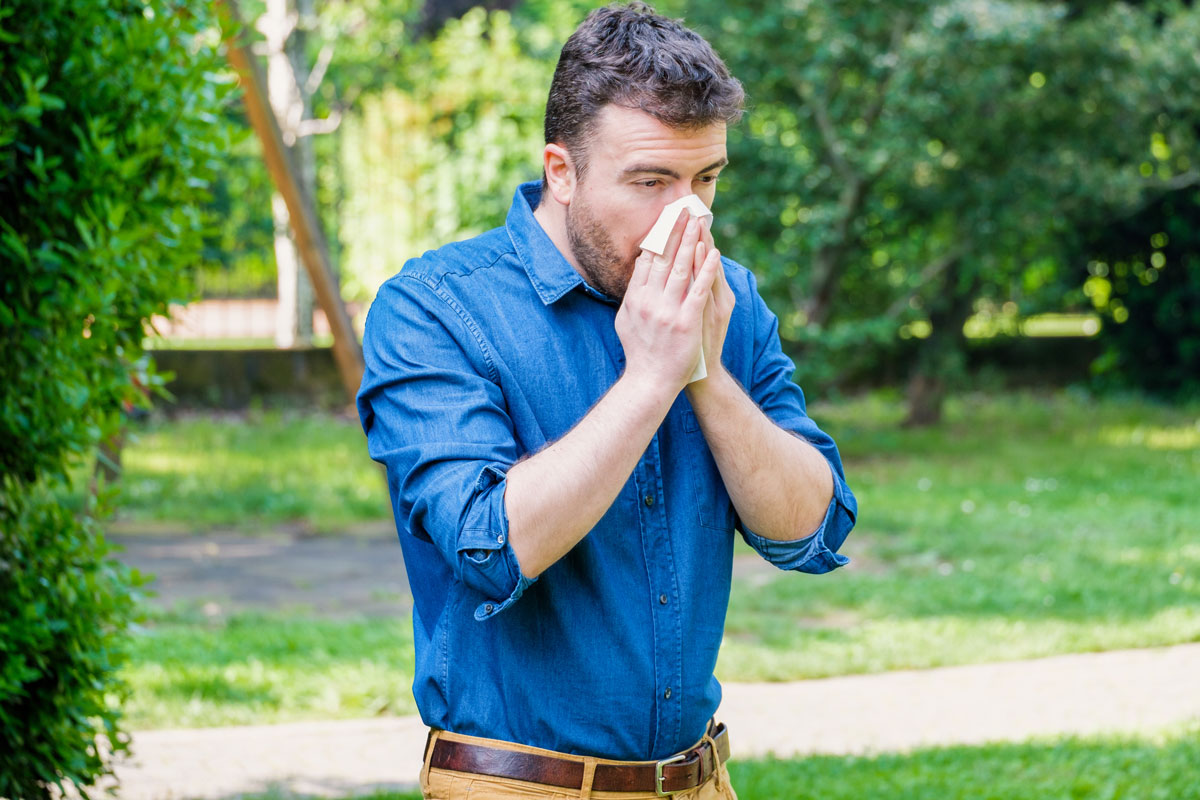When the lungs become inflamed, begin swelling and produce excess mucus, bronchitis can occur. Signs and symptoms of bronchitis start through inflammation in the bronchioles, which are the small tubes within the lungs’ primary bronchi tubes. The onset of bronchitis occurs in two forms: acute and chronic. Acute bronchitis is a short-term form of the illness, meaning that it only lasts a few weeks before you begin to heal and recover. Chronic bronchitis lasts several months out of the year and can take longer to recover from, depending on its severity.
The onset of bronchitis occurs because of several different reasons, but most commonly is a prolonged cold that develops into bronchitis. Because a virus or bacterial infection causes it, people are more susceptible to developing the illness. If you’re in close contact with someone who has the disease, you haven’t had a flu shot, or you’ve exposed yourself to toxic substances or irritants, it can result in bronchitis development. In particular, smokers are a vulnerable group and at a higher risk of being diagnosed and treated for bronchitis because it is a sickness of the lungs.

While some people share similar symptoms, each person’s body reacts differently to the disease’s onset. Generally, the airways of the lungs temporarily narrow or shrink, resulting in less airflow to the lungs and other common bronchitis symptoms include:
- Chest congestion with coughing and/or wheezing
- Excess mucus that is discolored
- Soreness and pain in the chest area
- Body aches
- Low or mild fever
- Fatigue
- Runny or stuffy nose
Fortunately, most bronchitis cases clear up on their own, mainly because it’s a viral infection, and antibiotics for bronchitis are not an effective treatment option. If bronchitis is from a bacterial infection, only then can antibiotics be used to clear it up. However, most bronchitis treatment options are like those of a cold or the flu, where rest, sleep and fluids play a vital role in recovering.
Other treatment options include:
- Humidifiers
- Saline nasal sprays
- Cough suppressants
- Pain relievers
- Cough drops or lozenges

But if this is an infection that usually can clear up on its own, when do you need to seek an ER and urgent care facility to treat bronchitis? Well, if you’re unfamiliar with bronchitis, if it lasts several weeks, if your cough does not go away or if you get sick from the illness frequently, there may be an underlying problem that needs direct medical attention. Seeking an ER and urgent care center can also help you determine whether your bronchitis is viral or bacterial, therefore determining the best treatment options for you.
You can also prevent yourself from getting bronchitis by frequently washing your hands, avoiding smoking and secondhand smoke, wearing a mask, covering your cough and sneezes, and getting the flu vaccine every year to keep up with the most commonly circulating strains for that season. At PRESNow 24/7 Urgent and Emergency Care, we provide flu shots to those who’d like to protect themselves from contracting influenza.

Unlike most ERs or urgent care centers in the area, PRESNow 24/7 Urgent and Emergency Care in Albuquerque, patients are only billed for the level of services they need. The ER and urgent care are open 24 hours a day, every day. No appointment is required for in-person visits.
PRESNow 24/7 Urgent and Emergency Care has four convenient locations:
- PRESNow 24/7 Urgent and Emergency Care Paseo/San Pedro is located at 6400 Paseo Del Norte Blvd. NE, Albuquerque, NM 87113, and may be reached at 505-596-2100.
- PRESNow 24/7 Urgent and Emergency Care Coors/Western Trail is located at 4515 Coors Blvd. NW Albuquerque, NM 87120, and may be reached at 505-596-2200.
- PRESNow 24/7 Urgent and Emergency Care Isleta/Rio Bravo is located at 3436 Isleta Blvd SW, Albuquerque, NM 87105, and may be reached at 505-596-2300.
- PRESNow 24/7 Urgent and Emergency Care Menaul/Pennsylvania is located at 7400 Menaul Blvd NE, Albuquerque, NM 87110, and may be reached at 505-596-2400.















